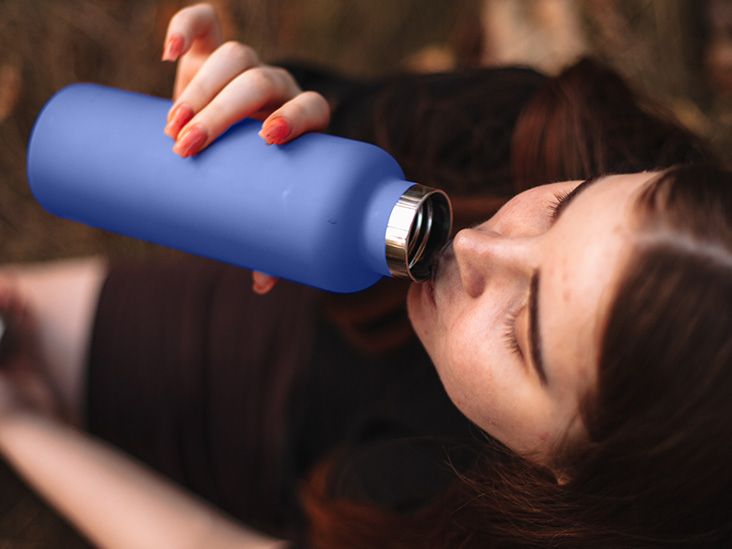D-mannose is a type of naturally occurring sugar. Some research suggests that D-mannose supplements may help treat urinary tract infections (UTIs).
This article looks at what D-mannose is, its side effects and risks, and how it may interact with UTIs.

D-mannose is a type of sugar that naturally occurs as part of normal human metabolism and is present in many foods.
Indeed, it is found in the following fruits:
Some people believe it may help treat UTIs by making it more difficult for the bacteria responsible for UTIs to attach themselves to the urinary tract.
People with recurrent UTIs
According to a 2024 study, however, there is a risk that long-term antibiotic use will increase the likelihood of bacteria becoming resistant to antibiotics. Gram positive bacteria have demonstrated an alarming increase in resistance in recent years, especially to antibiotics like levofloxacin and penicillin, and even to backup options like vancomycin.
For this reason, scientists are trying to develop nonantibiotic treatments for common bacterial infections, such as UTIs. D-mannose may be one possible treatment.
UTIs occur when bacteria infect a person’s urinary tract, which includes the kidneys, bladder, and urethra.
According to the
UTIs can cause the following symptoms:
- pain or burning when urinating
- a frequent urge to urinate
- feeling tired, shaky, or confused (especially for older adults)
- cloudy or foul-smelling urine
It is common for UTIs to recur, with 40 percent of women getting another UTI within 6 months of the previous one.
Optum Perks is owned by RVO Health. By clicking on this link, we may receive a commission. Learn more.
According to a 2022 systemic review, some of the side effects that people have reported when taking D-mannose supplements include but are not limited to:
- diarrhea
- vaginal burning
- skin rash
- gastrointestinal symptoms
- pyelonephritis (kidney infections)
- urosepsis
It may also affect pregnancy‐related outcomes such as preterm birth, stillbirth, small birth weight, or gestational age.
A person should speak to a doctor before taking any new supplements.
Some research suggests that D-mannose may play a part in treating active UTIs and preventing them from developing in the future.
Indeed, a 2022 study found that D-mannose effectively treated acute uncomplicated UTIs and prevented recurrent UTIs, with similar results to antibiotics, in several studies.
Another 2022 review suggested that while antibiotics are likely to remain the first choice for UTIs, supplementing with D-mannose may increase treatment success.
However, more recently, a 2024 study concluded that D-mannose supplements should not be recommended to prevent UTIs.
Researchers tested whether it could help prevent recurrent urinary tract infections (UTIs) in women with frequent UTIs. Two groups were randomly given d-mannose or a placebo and monitored for six months. However, 51% of the women taking d-mannose and 56% of those taking the placebo still contacted their doctor for UTI treatment during the study.
Ultimately, the findings about D-mannose are inconsistent and more studies are necessary to determine whether it is a useful treatment for UTIs. Without these studies, it is not clear what the dosage of D-mannose should be or whether it may interact with other medications or cause side effects.
Due to the lack of research to date, it is difficult to determine either the right dosage of D-mannose or the form in which people should take it.
It is likely that the correct dosage for treating an active UTI will differ from that for preventing UTIs from recurring.
Some studies indicate that a dose level of 0.2 g/kg of body weight seems to be the upper limit for daily consumption of D-mannose for long-term use, as higher doses may cause gastrointestinal disturbances.
However, further research on the optimal dosage is necessary. As a result, it is advisable to speak with a doctor before taking D-mannose supplements.
D-mannose seems to have potential as a UTI treatment. However, the research that indicates this is still very new. Larger, more rigorous studies are necessary to confirm these initial findings.
More research can help provide accurate information about the potential side effects and risks of D-mannose, and confirm an appropriate dosage.
Until then, speaking to a doctor before taking D-mannose supplements is vital.


